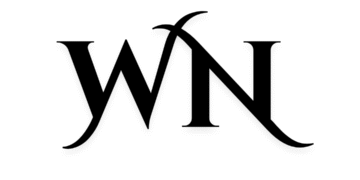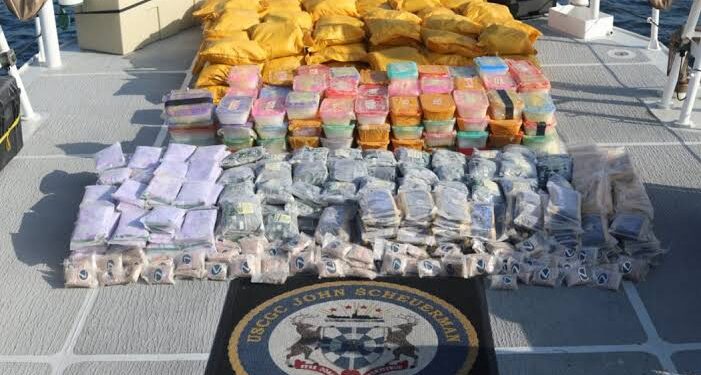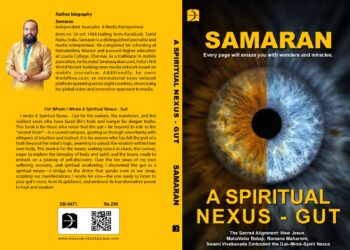In recent weeks, law enforcement agencies across the globe have launched a series of high-profile operations to dismantle international drug trafficking networks, seizing massive quantities of illegal narcotics and arresting hundreds of suspects. From sophisticated dark web cartels to street-level operations, these efforts highlight the growing challenge of combating the global drug trade and the innovative tactics used by authorities to disrupt it. Here’s a look at some of the most significant drug busts reported in early 2025.
India: Breaking a Global Drug Cartel
In one of the largest crackdowns on illegal pharmaceutical trafficking, India’s Narcotics Control Bureau (NCB) dismantled a transnational drug syndicate operating across four continents—India, the United States, Australia, and Europe. The operation began with a routine vehicle check in Delhi on May 25, 2025, where authorities seized 3.7 kilograms of Tramadol tablets, a controlled medication often misused as a narcotic, from two pharmacy graduates. This led to the discovery of a vast network using encrypted apps, cryptocurrency, and anonymous shipping to smuggle drugs. The operation triggered raids in the U.S. and Australia, including the bust of a secret pill-manufacturing facility in Australia, resulting in eight arrests and the seizure of multiple drug consignments. Indian officials hailed the operation as a model of international cooperation.
United Kingdom: Record Cocaine Seizure
In late June 2025, UK authorities made one of the country’s largest-ever drug busts, seizing over two tons of cocaine worth nearly £100 million (about $125 million USD) at London Gateway port. The drugs were hidden under containers on a ship arriving from Panama, signaling the growing sophistication of smuggling tactics. This massive haul dealt a significant blow to the criminal networks involved, though officials warned that it represents only a fraction of the drugs entering the country. The operation underscores the UK’s role as a key target for global drug traffickers.
Indonesia: Sweeping Crackdown Across 20 Provinces
Indonesian police arrested 285 people, including seven foreigners, in a two-month operation spanning April to June 2025. Authorities seized over half a ton of narcotics and uncovered money laundering schemes linked to two drug syndicates, confiscating assets worth $1.5 million. The crackdown, covering 20 provinces, highlights Indonesia’s position as a major hub for drug trafficking in Southeast Asia, where strict drug laws, including the death penalty, are enforced. The operation exposed the complex networks fueling the region’s drug trade, with traffickers using increasingly creative methods to evade detection.
United States: Local Busts with Big Impact
In the U.S., multiple drug busts have made headlines. In Jacksonville, Florida, the Sheriff’s Office seized over 1,200 grams of fentanyl, a highly dangerous opioid, along with five firearms, in a raid on a home near a school, church, and library. Five suspects were arrested, highlighting the threat of drugs infiltrating community spaces. Meanwhile, in Hoquiam, Washington, six people were arrested after undercover narcotics buys led to a warrant at a local home. In Arkansas, state police intercepted over 300 pounds of illegal drugs in two highway stops in a single day, showcasing the relentless efforts to curb trafficking along major routes.
Canada: Targeting Fentanyl and Cocaine
Canadian authorities also reported significant busts. In Thunder Bay, Ontario, police seized $311,000 worth of suspected fentanyl and cocaine from a home, arresting three people, including two from Toronto. In Winnipeg, a raid in the River Heights neighborhood uncovered drugs, weapons, and cash, leading to two arrests. These operations reflect the growing concern over fentanyl, a potent synthetic opioid driving overdose deaths across North America.
The Global Picture: A Rising Threat
These busts come amid warnings from the United Nations about the thriving global cocaine trade, with an estimated 25 million users worldwide in 2023 and trafficking expanding into Africa and Asia. The use of encrypted platforms, cryptocurrency, and the dark web has made drug trafficking more sophisticated, challenging law enforcement to adapt. For example, in India, the NCB busted a darknet vendor known as “Ketamelon,” seizing LSD, ketamine, and cryptocurrency worth over $1 million. Meanwhile, traffickers on the dark web are reportedly receiving training to erase digital footprints and evade capture, complicating efforts to shut down these networks.
A United Front Against Drugs
The recent wave of drug busts shows a global commitment to tackling the narcotics trade through coordinated efforts. From intercepting shipments at ports to targeting dark web vendors, law enforcement agencies are using advanced technology, intelligence sharing, and international partnerships to disrupt criminal networks. However, officials acknowledge that these seizures represent only a fraction of the global drug trade, with traffickers constantly adapting to stay one step ahead.
As the fight against illegal drugs intensifies, authorities are urging the public to stay vigilant and report suspicious activities. In India, the NCB has promoted its national narcotics helpline (1933) to encourage citizens to share information. The message is clear: combating the drug trade requires not just law enforcement but also community action and global cooperation.
These operations, while successful, are a reminder of the ongoing battle against a complex and evolving global threat. As agencies continue their crackdowns, the world watches to see if these efforts will curb the spread of illegal narcotics and the devastation they bring to communities worldwide.







































